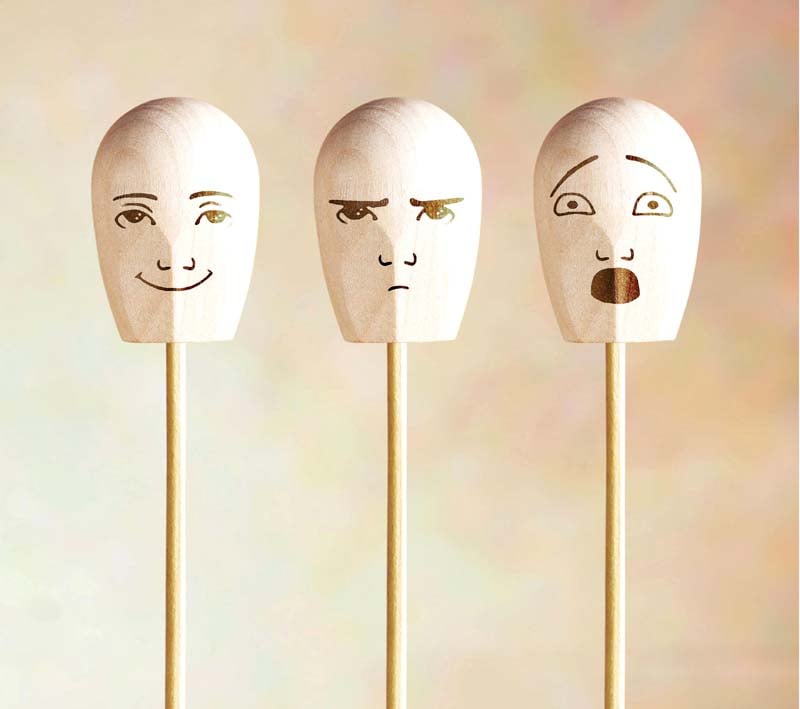
Copying what someone else is doing is a basic social building block that helps people learn. It can also help patients of Alzheimer’s disease, for whom there is neither a cure nor any way to slow down or prevent the illness. “Our results suggest that imitation could be used during rehabilitation of Alzheimer’s patients,” said Ambra Bisio, postdoctoral researcher at the University of Genoa in Italy.
“Alzheimer’s patients are still able to voluntarily imitate the movement of an object as well as that of a human being. If this ability is still in place, a patient could relearn how to perform actions that have become difficult due to the disease,” Bisio noted.
Why good sleep is essential for both body and mind
The findings, published in the journal Frontiers in Aging Neuroscience, showed that — at least for mild stages of the disease — Alzheimer’s patients retained the ability to imitate or mimic a simple gesture by a human or a moving dot on a computer screen. This suggests that such exercises may complement current therapeutic strategies. The study further revealed that patients performed better with a human trainer than they did with a computer, during both physical and cognitive rehabilitation.
Experts suggest that this may be because the emotional response that a patient experiences when interacting with a real person is still more beneficial than it is distracting. The researchers added that the results will help guide better strategies for the rehabilitation of Alzheimer’s patients in the future.
Published in The Express Tribune, April 4th, 2016.
Like Life & Style on Facebook, follow @ETLifeandStyle on Twitter for the latest in fashion, gossip and entertainment.





1732687571-0/Untitled-design-(2)1732687571-0-270x192.webp)











COMMENTS
Comments are moderated and generally will be posted if they are on-topic and not abusive.
For more information, please see our Comments FAQ